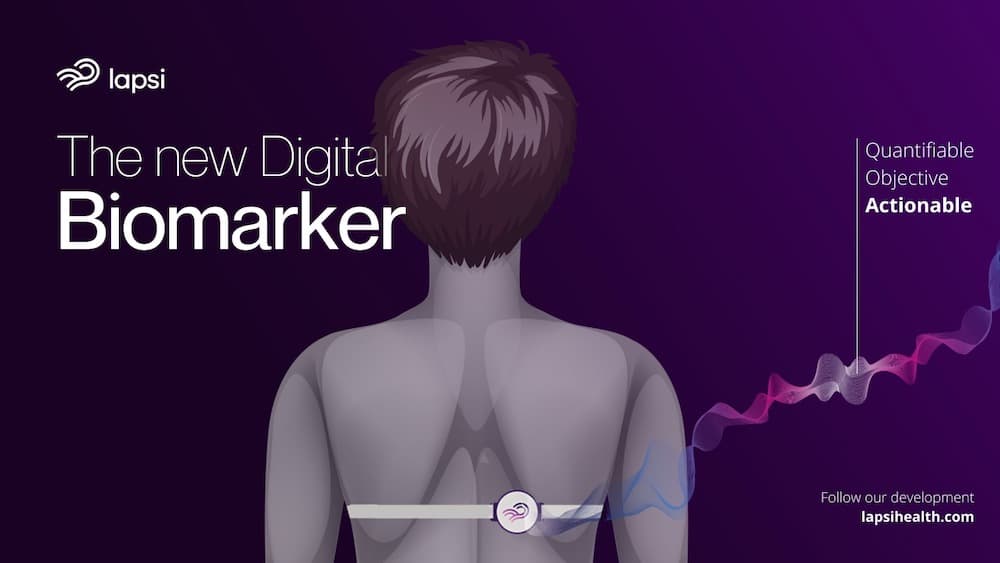
Incidental findings overlooked in medical imaging procedures harm millions of patients and cost untold legal fees and damages, claims a recent study.
Northwestern Medicine in the US found that nationally health systems spend an estimated $43 million each year on lawsuits for missed follow-ups on lung findings alone. Delayed and missed referrals on incidental diagnostic imaging findings is one of the most prolific problems in health care, says Northwestern.
It created an AI-based tool that interrogates the electronic health records (EHR) of patients across its 11 hospitals, drawing upon radiology, quality, patient safety, process improvement, primary care, nursing, and informatics departments.
The tool triggers an alert in the EHR that clearly displays the findings and recommended follow-ups directly in the ordering physician’s workflow. Completed follow-ups for both incidental and expected findings are tracked, preventing delays in patient care and boosting outcomes.
During a trial of the tool in December 2020, over 460,000 imaging studies were screened with 23,000 flagged as containing lung follow-up recommendations.
Mozziyar Etemadi, medical director of advanced technologies at Northwestern Medicine, says: “This problem is a case study of preventable harm: there is a documented, but unrecognized finding that could have led to a meaningful intervention, but instead the patient’s disease develops unchecked.”
The AI tool is currently being adapted to cover hepatic, thyroid and ovarian findings requiring follow-up.





